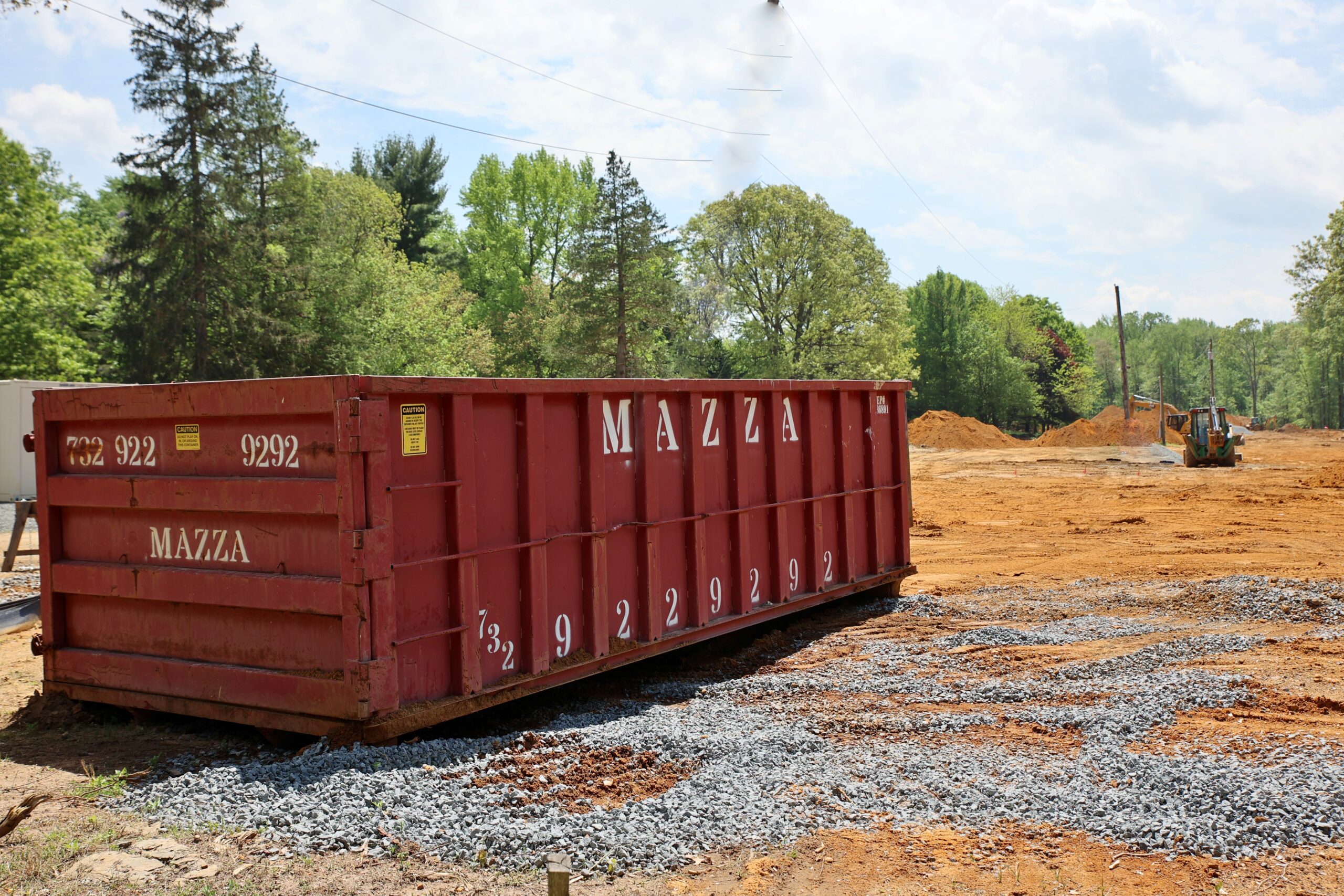Planning a cleanup project in Wall Township can be a big undertaking, but the right…
The waste management industry plays a vital role in public health, environmental protection, and sustainable community development. However, as urban areas like Howell Township, Wall Township, and Ocean Township continue to grow, so too does the volume of waste they generate. Our current systems, while robust, are being pushed to their limits. The solution? Strategic expansion and infrastructure investment.
Let’s explore why building out our waste management capabilities is not just necessary—it’s foundational for a cleaner, more efficient, and more sustainable future.
1. Meeting Growing Demands in Expanding Communities
With rising populations and increased consumption, many municipalities are experiencing a surge in waste generation. Facilities that manage waste recycling in Howell Township NJ or offer dumpster rental in Wall Township NJ are seeing higher demand than ever before.
Without expanding our infrastructure, we risk overwhelming existing systems, which can lead to slower service, increased illegal dumping, and growing environmental hazards. New facilities and expanded service networks ensure we can accommodate growth without compromising service or sustainability.
2. Enhancing Environmental Protection Through Innovation
Modern waste management facilities are no longer just landfills—they’re technologically advanced hubs that reduce emissions, control runoff, and maximize material recovery. By expanding infrastructure, especially in areas seeing demand like waste recycling in Ocean Township NJ, we enable wider adoption of these environmental protections.
More recycling facilities and specialized diversion sites mean less reliance on landfills and more focus on sustainable outcomes. It also allows us to implement energy-efficient systems and better manage organic and hazardous waste.
3. Supporting a Circular Economy
Investing in new infrastructure allows us to treat waste not as a burden, but as a resource. From construction debris to household recyclables, new facilities can support recycling, composting, and even waste-to-energy initiatives that feed into a circular economy—a system where materials are continuously reused rather than discarded.
For local communities, this means more opportunities to participate in sustainable waste recycling programs, fewer raw materials being extracted, and a shift away from the traditional “take-make-dispose” model.
4. Improving Efficiency and Reducing Emissions
Strategically placed facilities, such as transfer stations, processing plants, and collection hubs, reduce the distance waste must travel. This not only cuts transportation costs but also reduces emissions from garbage trucks, especially in larger service areas like those served by dumpster rental in Wall Township NJ.
Shorter travel times and optimized logistics allow waste to be processed faster and more affordably, helping businesses and municipalities alike.
5. Delivering Equitable Access and Reliable Services
One of the most important outcomes of infrastructure expansion is improved service delivery. As we broaden our footprint, we can ensure that all communities—urban, suburban, and rural—have equitable access to waste management services, including recycling drop-off centers, bulk item collection, and educational programs.
In communities like Howell, Wall, and Ocean Townships, this means more convenient waste disposal options, improved recycling participation, and better overall community engagement with sustainability goals.
Expansion is More Than Growth—It’s a Responsibility
Expanding our waste management infrastructure is about more than business growth—it’s about forward-thinking responsibility. By investing in new facilities, improving logistics, and extending service networks, we can better serve our communities, protect the environment, and build a foundation for long-term sustainability.
Whether it’s through enhancing waste recycling in Howell Township NJ, expanding dumpster rental services in Wall Township NJ, or improving waste recycling infrastructure in Ocean Township NJ, the future of sustainable waste management starts with infrastructure that meets tomorrow’s needs today.



